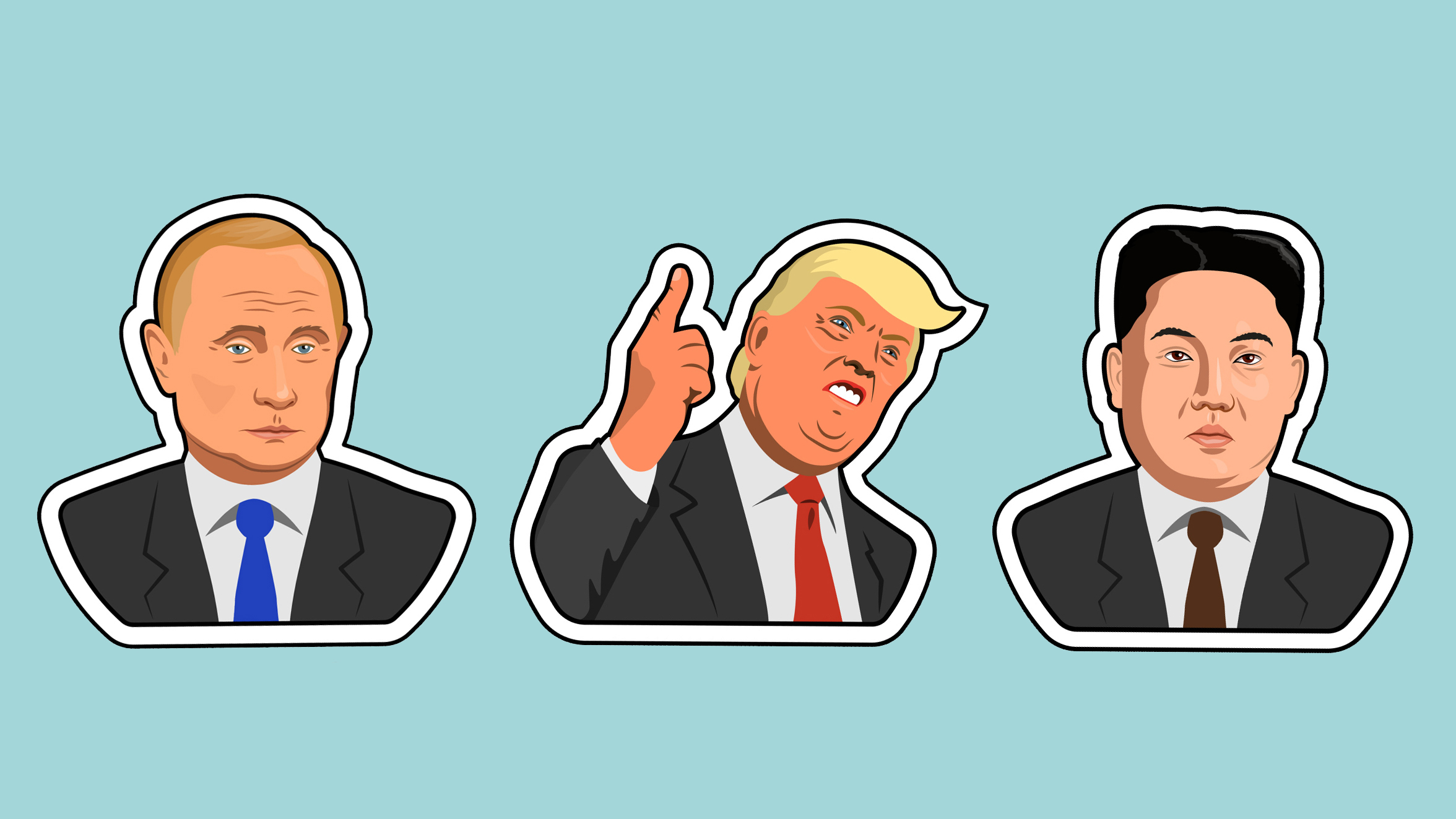charles koch foundation
When academics and journalists forego sharing their findings, out of intimidation, we all lose out.
▸
7 min
—
with
By welcoming various intrepid thoughts, we welcome learning.
▸
5 min
—
with
The year was fraught to say the least. Riots in the streets, engagement abroad in a long-fought war, and an encroaching sense that the fabric that knits us together is […]
Why do we continue to stay in Iraq and Afghanistan? Because of two big reasons.
▸
with
What’s really involved in snuffing out a country’s nuclear capabilities—and is that the right war to be waging?
The world today is far more complex than it was 200 years ago, but the speeches and writings of the Founding Fathers point to a common general principle.
Why doesn’t America win wars anymore? Because the objectives are so poorly defined. Maybe it’s time to rethink foreign policy.
▸
7 min
—
with
When it comes to ISIS, terrorism, and global and domestic instability, America has been its own worst enemy.
▸
5 min
—
with







